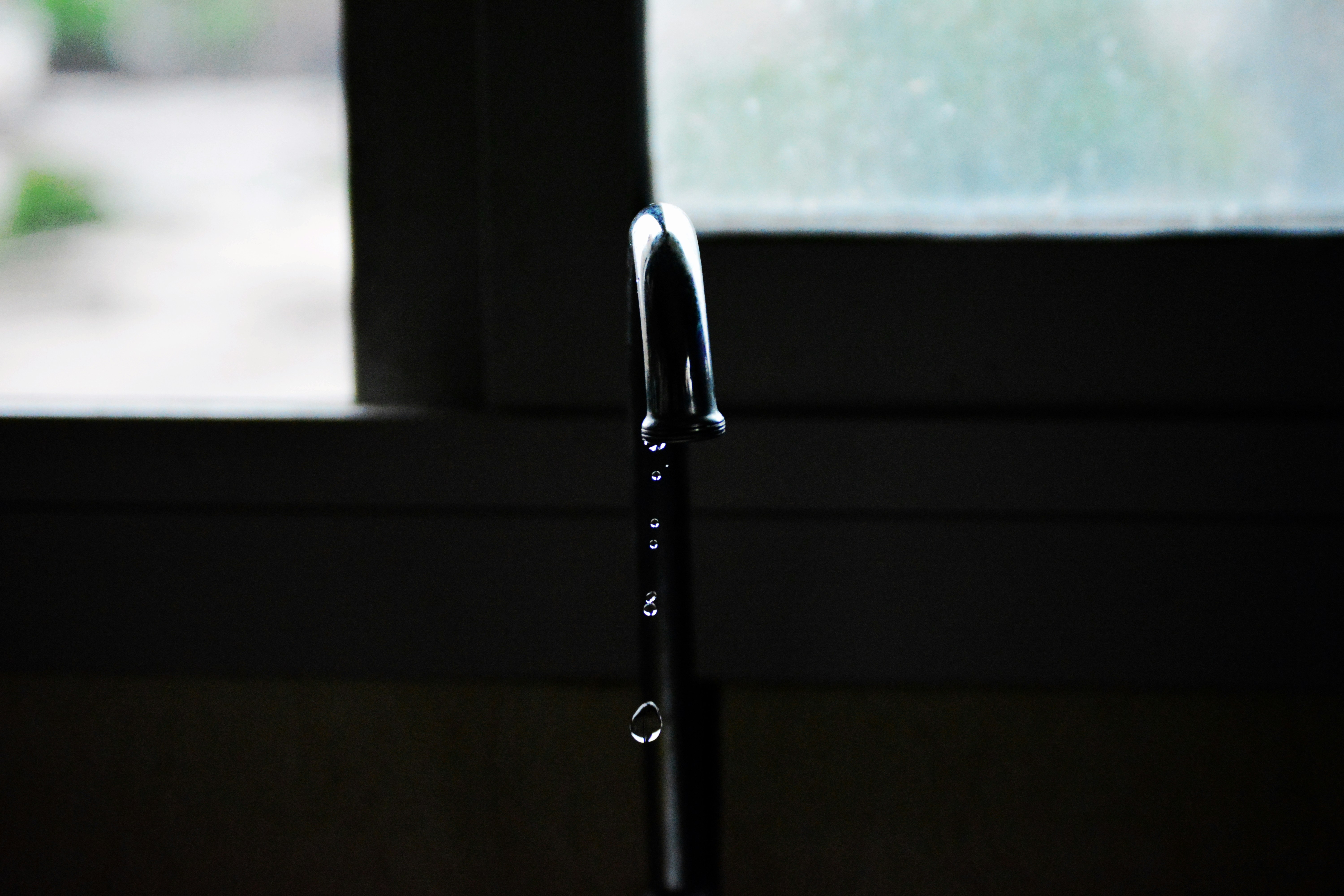Heating, ventilation, and air conditioning (HVAC), electrical, and plumbing systems are essential components in modern homes. These systems are crucial and allow homeowners to use appliances, remove the sewage, access clean water, and heat or cool their home.
Electrical, plumbing, and HVAC systems are integrated into your home. If these systems aren’t maintained properly, they can cause structural damage. Your household systems can also pose health risks to your home’s occupants.
HVAC Systems

During the winter months, your HVAC system distributes warm air throughout your home to maintain a safe, comfortable temperature. In the summer, your HVAC unit lowers the temperature by distributing cool air. You use your thermostat to determine the appropriate internal temperature, and your HVAC system is activated when your house becomes too hot or cold. Household problems that increase your monthly expenses include issues with your thermostat. Old thermostats may malfunction, which can cause your HVAC unit to short cycle. This means the HVAC system shuts off before the house is adequately heated or cooled.
Undesirable temperatures can cause health issues. Cold temperatures cause people with arthritis and neuritis to experience pain. Cool temperatures can also cause anyone to develop a cold or suffer from fatigue. Hot temperatures can cause heat exhaustion and heatstroke, which can be fatal.
Your HVAC system can affect your health in other ways. When air travels through dirty vents or filters, it can carry allergens and pollutants, which can cause respiratory issues. Condensation from your air conditioner’s coils can also lead to mold growth. If mold grows inside your unit, your HVAC system will distribute mold throughout your home, which can cause respiratory issues for people with asthma or allergies. Mold can also cause your eyes to water and irritate your skin. You can protect your family by having a certified HVAC technician to inspect and maintain your HVAC system annually. HVAC techs can also clean air ducts and replace your air filter to ensure your unit distributes clean air throughout your home.
Electrical Systems
Your electrical system could pose a health hazard if it’s old or damaged. Wiring deteriorates over time, which increases your risk of exposure to live wires. Coming in contact with live wires causes electrical shock. While it’s possible to receive a mild shock, severe electrical shock can cause burns or long-term health issues, such as cataracts or muscle weakness.
Electrical systems can be compromised by damage. Rodents may chew through wires. You can also damage wires by penetrating them with a nail or screw. Damaged electrical systems can cause house fires. In 2018, over 3,800 people in the United States died in house fires. People who survive house fires may be affected by burns and smoke inhalation, which can cause asthma.
You can protect your home and your health by having a licensed electrician inspect your electrical systems. Replace or remove old wiring. Ensure your family members know not to insert screws or nails into the walls near electrical outlets and light switches. You can also reduce the risk of damage from rodents by setting traps and hiring pest control experts who can remove mice, rats, and other pests from your property.
Plumbing Systems

Your home’s plumbing system performs two vital functions. It removes sewage from your home, and it delivers clean water to your house. If your pipes are blocked or damaged, sewage may back up into your home, which can cause property damage and health issues. Organisms in the sewage can cause eye, nose, and throat infections, ulcers, vomiting, diarrhea, and cramping. In extreme cases, exposure to these organisms can cause death.
Leaks in your pipes can cause mold growth, which can trigger respiratory issues, congestion, and eye irritation. People can develop asthma from prolonged exposure to mold. Mold exposure also increases your risk of suffering from insomnia, depression, memory loss, and anxiety.
Inspect your pipes and look for signs of water damage. Have your plumber fix leaks immediately. You can also have a sewer camera inspection performed to check on the health of your pipes. If your pipes are damaged, you may be able to prevent sewage backup by investing in trenchless pipe repair, which can stabilize your pipes and prevent blockages.
Your home’s HVAC, electrical, and plumbing systems can affect your health. Some of the health issues these systems trigger are minor, but each system can cause long-term health issues. Regular maintenance can help prevent critical health issues.


